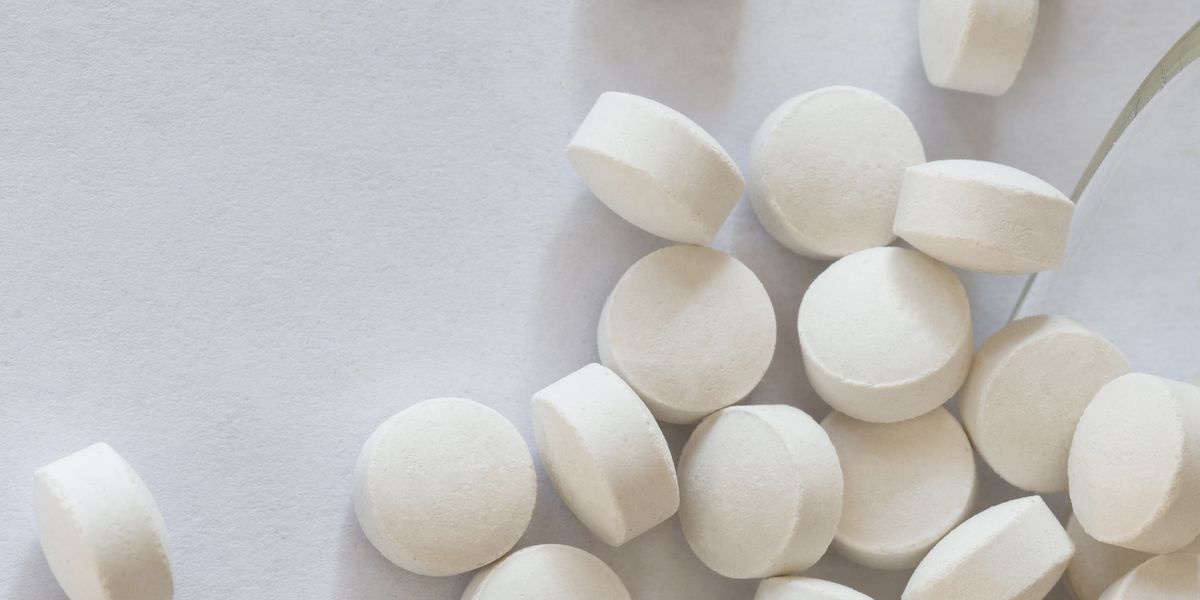Sodium-glucose co-transporter-2 (SGLT2) inhibitors are a new group of oral medications used for treating type 2 diabetes The drugs work by helping the kidneys to lower blood glucose levels
SGLT2 inhibitors have been approved for use as a treatment for diabetes since 2013. They are taken once a day with or without food.
Drugs in this class
The following drugs belong to the SGLT2 inhibitors class (trade name first, generic name in brackets):
How do SGLT2 inhibitors work?
SGLT2 inhibitors work by preventing the kidneys from reabsorbing glucose back into the blood.
This allows the kidneys to lower blood glucose levels and the excess glucose in the blood is removed from the body via urine.
The kidneys work by filtering glucose out of the blood and then reabsorbing glucose back into the blood. The proteins that reabsorb glucose are called sodium-glucose transport proteins.
SGLT2 inhibitors block these proteins which means less glucose gets reabsorbed back into the blood and gets passed out of the body via the urine.
Who are SGLT2 inhibitors suitable for?
SGLT2 inhibitors may be suitable for people with type 2 diabetes that have high blood glucose levels despite being on a medication regimen such as metformin and insulin.
SGLT2 inhibitors are not recommended for prescribing to people with kidney disease (nephropathy) as kidney disease prevents the drug from working sufficiently well.
What are the benefits of SGLT2 inhibitors?
SGLT2 inhibitors help to remove glucose from the blood and therefore help to lower blood glucose levels.
By removing glucose from the body, SGLT2 inhibitors can also have benefits for weight loss
Side effects
As the drugs cause more glucose to be excreted in the urine, there is a higher chance of getting genital and urinary tract infections These side effects are more common in women than in men.
Taking SGLT2 inhibitors with insulin, sulphonylureas or glinides may increase the risk of hypoglycemia
SGLT2 inhibitors can, in rare cases lead to a dangerous condition called diabetic ketoacidosis Ketoacidosis may occur whether your sugar levels are high or healthy, so it is important to know the symptoms.









